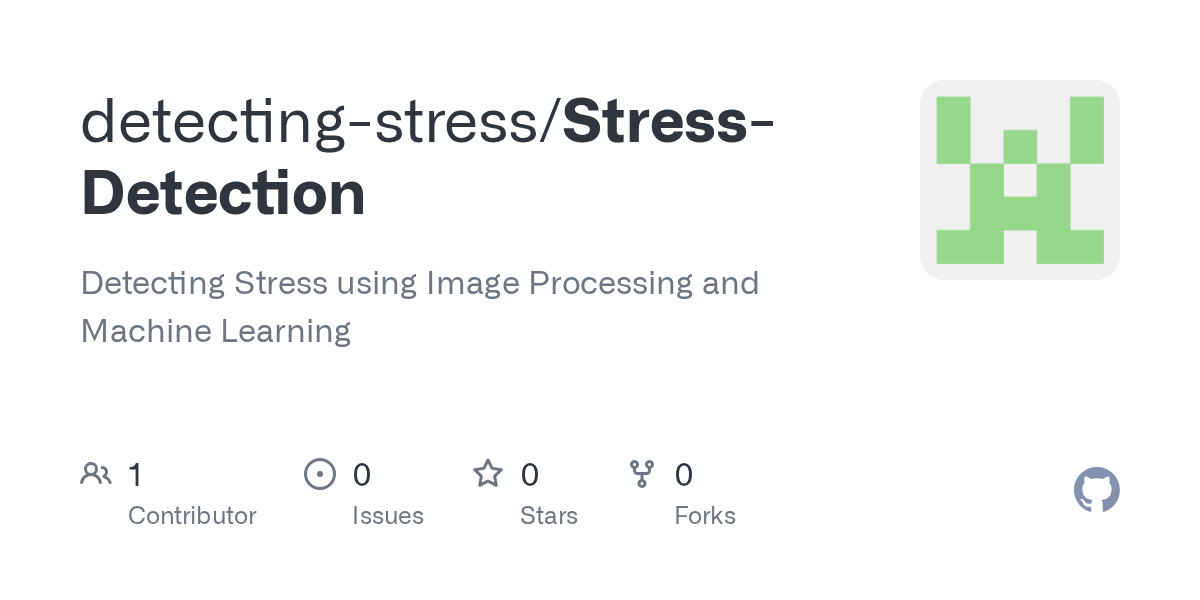In an era dominated by the increasing prevalence of psychological disorders and heightened mental strain, the examination of stress measurement technologies has never been more pertinent. Recognizing and quantifying stress is essential not only for individual well-being but also for broader societal health. This article delves into the innovative technologies employed to gauge stress levels, illuminating the multifaceted approaches that scientists, clinicians, and technologists utilize.
At the forefront of stress measurement are physiological monitoring techniques. These technologies focus on capturing the body’s responses to stressors. One of the most prevalent methods involves the use of cortisol assays, which measure the hormone cortisol in saliva, blood, or urine. Cortisol is often referred to as the “stress hormone,” as it plays a pivotal role in the body’s fight-or-flight response. Elevated cortisol levels can serve as a biological indicator of stress, thereby allowing researchers to draw correlations between emotional states and physiological responses.
Electrocardiography (ECG) is another cornerstone in the realm of physiological stress assessment. By continuously monitoring heart rate variability (HRV), healthcare professionals can glean insights into autonomic nervous system functioning. A reduced HRV is typically associated with increased stress levels, as chronic stress often results in a dominance of sympathetic nervous activity. Integrating wearables equipped with ECG capabilities makes it possible to quantify these physiological parameters in real time, significantly enhancing the ability to monitor stress responses during daily activities.
Furthermore, the advent of galvanic skin response (GSR) technology presents an intriguing dimension to stress measurement. The skin’s electrical conductance can fluctuate due to perspiration; thus, GSR sensors track these changes to infer emotional arousal and stress levels. This technology is especially appealing for its non-invasive nature and ability to provide insights into psychological states during specific events or stimuli, enabling researchers to capture acute stress reactions effectively.
Another innovative approach resides in brainwave monitoring techniques, notably electroencephalography (EEG). This technology measures the electrical activity of the brain and can reveal distinct patterns associated with stress. Different brainwave frequencies, such as alpha, beta, and theta waves, correlate with various cognitive states and can be indicative of stress levels. By employing advanced machine learning algorithms alongside EEG data, researchers are beginning to decode the complex relationship between neural activity and stress, further enhancing our understanding of cognitive-emotional processes.
The integration of these physiological technologies has also paved the way toward developing more comprehensive biosensors. These multifaceted devices can simultaneously monitor several biomarkers associated with stress, ranging from heart rate and skin temperature to muscle tension and breathing patterns. Such holistic approaches allow for a more nuanced understanding of the feedback loops between stressors, emotional responses, and physiological changes, providing invaluable data for psychologists and psychophysiologists alike.
Another remarkable advancement lies in the realm of mobile health (mHealth) technologies. The proliferation of smartphones and wearable devices has facilitated the on-the-go measurement of stress in an unprecedented manner. Mobile applications equipped with mood tracking features and guidance based on real-time biometric data have emerged, enabling users to engage in proactive stress management. These tools harness algorithms to analyze user input and physiological data, offering personalized recommendations for mitigating stress through mindfulness practices or behavioral modifications.
Emphasizing user engagement and interactivity, gamification has also been a burgeoning trend in stress measurement technologies. By transforming stress assessment into an engaging game-like format, these tools can make the process of monitoring emotional well-being accessible and enjoyable. Such innovative applications motivate users to participate actively in their mental health management, highlighting a paradigm shift toward preventative care rather than reactive solutions.
Considering the growing body of evidence supporting the efficacy of technology in stress measurement, ethical repercussions are an area of vital importance. As these technologies proliferate, concerns regarding data privacy and informed consent become ever more salient. Ensuring that users are adequately informed about data collection methods and the implications of their usage is paramount in maintaining public trust in these technologies. Stakeholders are thus urged to establish robust frameworks for ethical compliance, ensuring that advancements in technology align with best practices in safeguarding individual rights.
In enlightening the discourse surrounding these innovative stress measurement technologies, it is important to recognize their promising implications for future applications. As our understanding of stress continues to evolve, these technologies will likely serve as cornerstones for developing targeted interventions, clinical diagnostics, and preventative mental health strategies. As researchers refine their methodologies, the potential for integrating artificial intelligence and machine learning offers tantalizing possibilities for predicting stress responses across populations.
Thus, technologies designed to measure stress not only open new avenues for scholarly inquiry and clinical practice but also affirm the profound interconnectedness of our physiological, emotional, and psychological realms. By engaging with these innovations, we commit ourselves to a future where stress management becomes not just a reactive endeavor but an empowered journey towards mental resilience and well-being.










